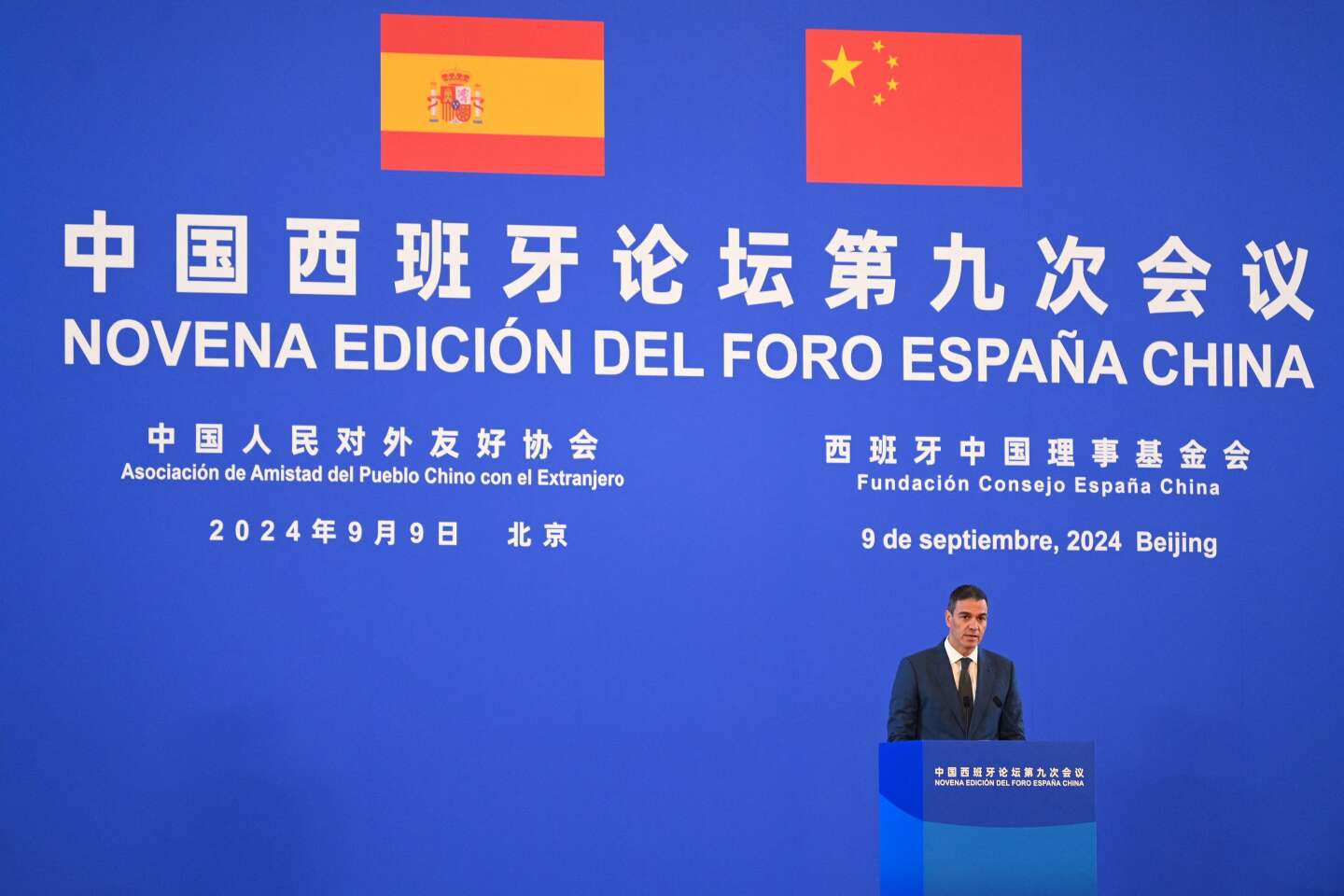In Brussels, Günther Oettinger has earned the nickname “Mr. Revolving Door.” Oettinger, a three-time European commissioner following a career in the ranks of Angela Merkel’s conservative German CDU party, was already the talk of the corridors of the European institutions when he switched to lobbying. But at the end of August, unease set in when it emerged that the former European commissioner had been recruited by Shein, the Chinese “ultrafast” online fashion giant, highly uncomfortable with the direction of European regulations.
The unease stems not only from the cynicism of a former European commissioner in charge from 2010 to 2019 of such important dossiers as energy, the digital economy and then the budget, who is enriching himself by coming to argue against policies he helped to shape. It stems above all from the origin of Oettinger’s new employer – China – officially the European Union’s “systemic rival” and fierce competitor, whose influence strategy is on the radar of all Western intelligence services.
To make matters worse, there’s a precedent that nobody has forgotten, also German and infamous: Gerhard Schröder, former chancellor (1998-2005) seduced by Vladimir Putin and Gazprom’s generous remunerations. Schröder was certainly not the only European to have succumbed to the siren calls of Russian big business. But the fact of the Russian seduction campaign being brutally discredited by the invasion of Ukraine in 2022 might have suggested that the lesson had been learned in Berlin, Paris or Madrid. This is clearly not the case. Having fallen from grace in Germany, the former social-democrat chancellor, despite his 80 years, is still exercising his talents in China, where he sits, for example, on the advisory board of the China Investment Corporation.
Legend has fizzled out in Europe
“The capture of European elites by the Chinese Communist Party [CCP] is a real strategy, which was deployed with the promotion of the Belt and Road Initiative” in the 2010 decade, recalled Abigaël Vasselier, a researcher at the Mercator Institute for China Studies in Berlin. In 2019 in Italy, for example, Michele Geraci, undersecretary of state for economic development after teaching in China, acted as the conveyor belt to get his government to sign a memorandum of understanding with Beijing making Italy the only European country to sign up to this Chinese economic expansion program. Giorgia Meloni’s government denounced the memorandum of understanding at the end of 2023.
The legend of China’s “Silk Roads” faded long ago in Europe. In Poland, former deputy prime minister Janusz Piechocinski has continued to extol the exploits of Chinese companies, but he’s all alone. The Czech Republic, which was once seen as China’s gateway to Europe, thanks to the active mediation of several of its elected representatives and in particular President Milos Zeman, has radically changed its policy – and its president. Former British prime minister David Cameron, a great promoter of the golden age of relations with Beijing and Chinese-style development, had to give up launching a $1 billion investment fund with Chinese funding. In July 2023, British Parliament’s Intelligence and Security Committee found that Cameron’s role in the affair may have been “partly orchestrated by the Chinese state.”
You have 40.33% of this article left to read. The rest is for subscribers only.


